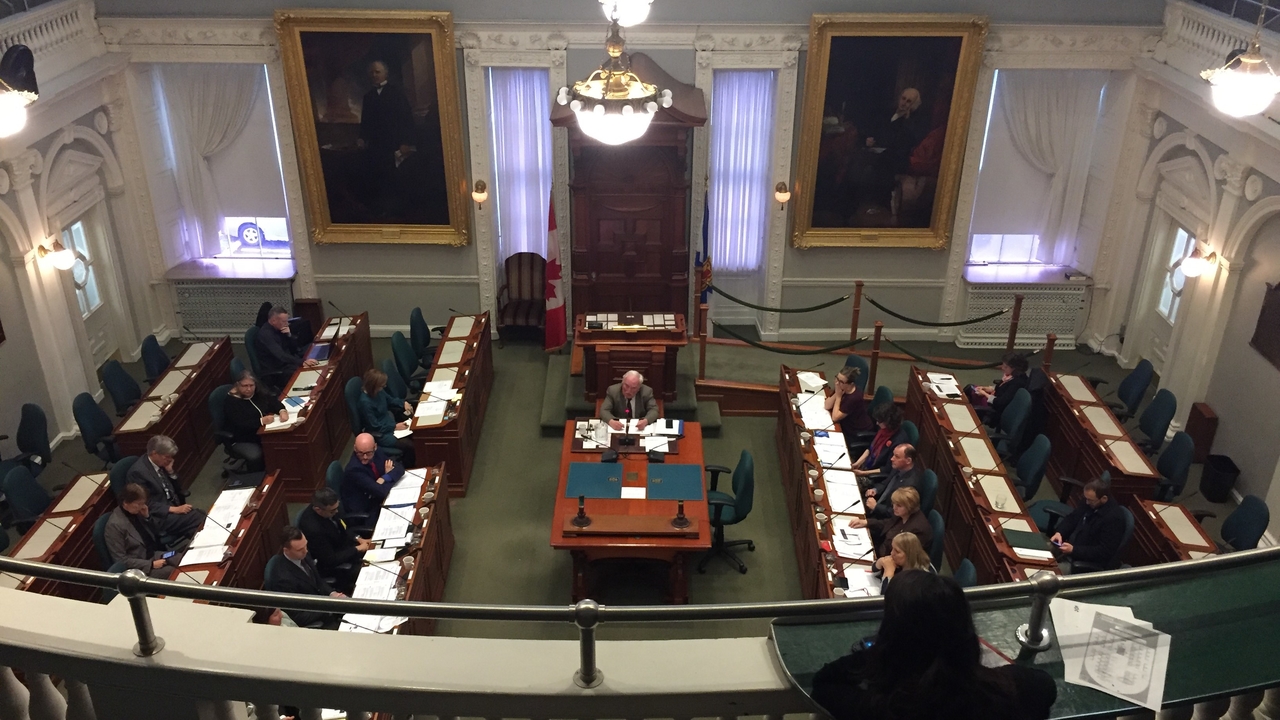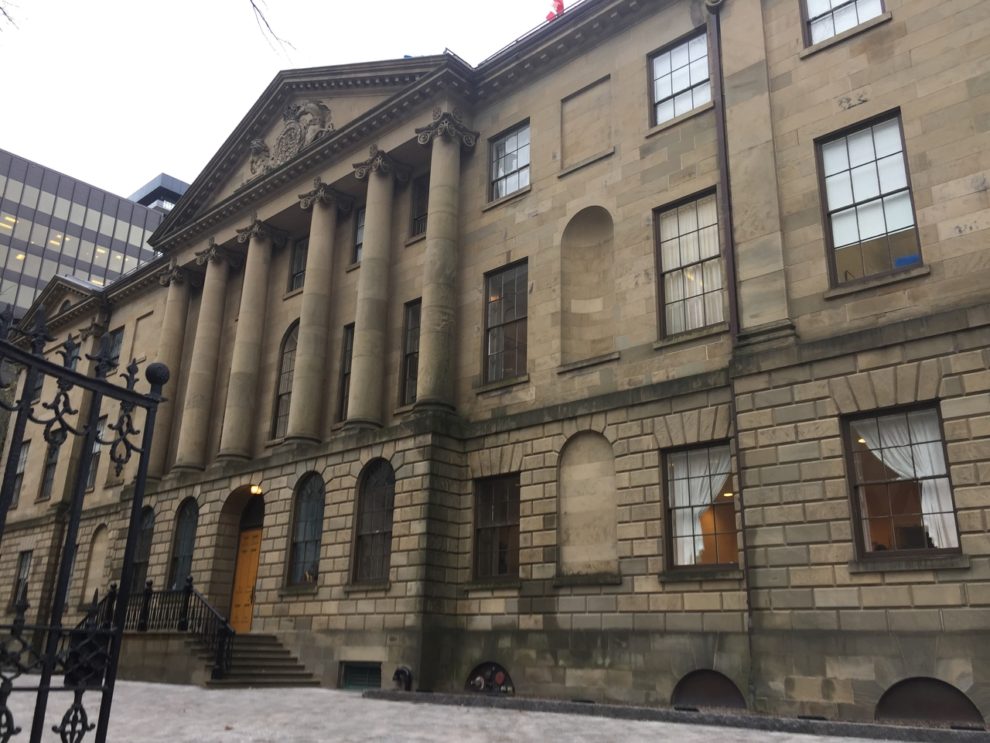Province not properly assessing contaminated sites: auditor general
MLAs concerned over inadequate assessments of abandoned mines in Nova Scotia

caption
The auditor general answers questions from the standing committee on public accounts.Nova Scotia’s auditor general says more work needs to be done to address contaminated mine sites throughout the province, but he doesn’t have all the answers.
Michael Pickup answered questions about his October report during the standing committee on public accounts at Province House on Wednesday. His financial report looked into contaminated sites across the province, among other topics.
“I drew attention to this accounting because the cost to clean up the province’s contaminated sites could significantly change in the future as the province collects more information on these sites,” Pickup said.
Committee members from all three political parties expressed concern over the state of abandoned mine sites in the province.
Some questions were left up in the air because a representative from the Department of Lands and Forestry was not present and the auditor general’s office found the department’s investigations not adequate enough to have a solid understanding of contaminated sites in Nova Scotia.
“You don’t know what you don’t know,” Pickup said.

caption
The committee had many questions about abandoned mines at Wednesday’s meeting at Province House.This was the first year the report drew attention to accounting for contaminated sites. The report showed that contaminated site liabilities increased to $372 million in 2019 compared to $107 million five years ago.
Contaminated sites are areas that are potentially hazardous to health or the environment. In Nova Scotia, this is often seen in abandoned mines. Around the early 1900s, gold mining produced tailings, which contained arsenic and mercury and were usually dumped in water near the mine.
There’s no shortage of them. According to the Department of Natural Resources, there are approximately 2,000 documented abandoned mine openings on Crown land and approximately 5,000 on private land in the province.
According to Pickup’s report, the Department of Lands and Forestry’s investigations of contamination at abandoned mine sites is lacking, leaving a risk of unknown financial, ecological and human health concerns. The report also found an additional 63 mine sites with no liability for remediation because the contamination extent is unknown.
Tim Halman, PC MLA for Dartmouth East, said the mines, some of which have been around for over a 100 years, “haven’t sprung up overnight.” He questioned why the department didn’t have sufficient site investigations. He said people in his community have been concerned about the Montague Gold Mines for years.
According to Pickup’s findings, new consultant reports estimate remediation costs at Montague to be $24.5 million.
Hugh MacKay, Liberal MLA for Chester-St. Margaret’s, lived close to the Montague mines as a teenager. He said he was familiar with that mine, as well as the Goldenville mine, which the report estimates a remediation of $23.5 million.
“I think the minister actually said that they are the most egregious contaminated sites in the province,” said MacKay.
He questioned how the department will prioritize the sites.
Byron Rafuse, deputy minister for the Department of Finance and Treasury Board, said the prioritization of sites depends on many factors: proximity to population, current use, complaints and physical size. He said an expert assessment will have to be made because each approach is different.
“You may make a determination that nothing needs to happen, that it’s actually worse to try to clean up a site because it may lead to further environmental impacts than just leaving it alone,” Rafuse said.
He said the auditor general office will conduct a performance audit on contaminated sites, with a report planned for the spring.
In his report, Pickup also found significant weaknesses in financial controls of government departments and organizations, and recommended better cybersecurity and fraud risk assessment.
About the author
Madeline Biso
Madeline Biso is a student journalist at University of King's College. Her main interests are investigative and data-driven stories. When not...
